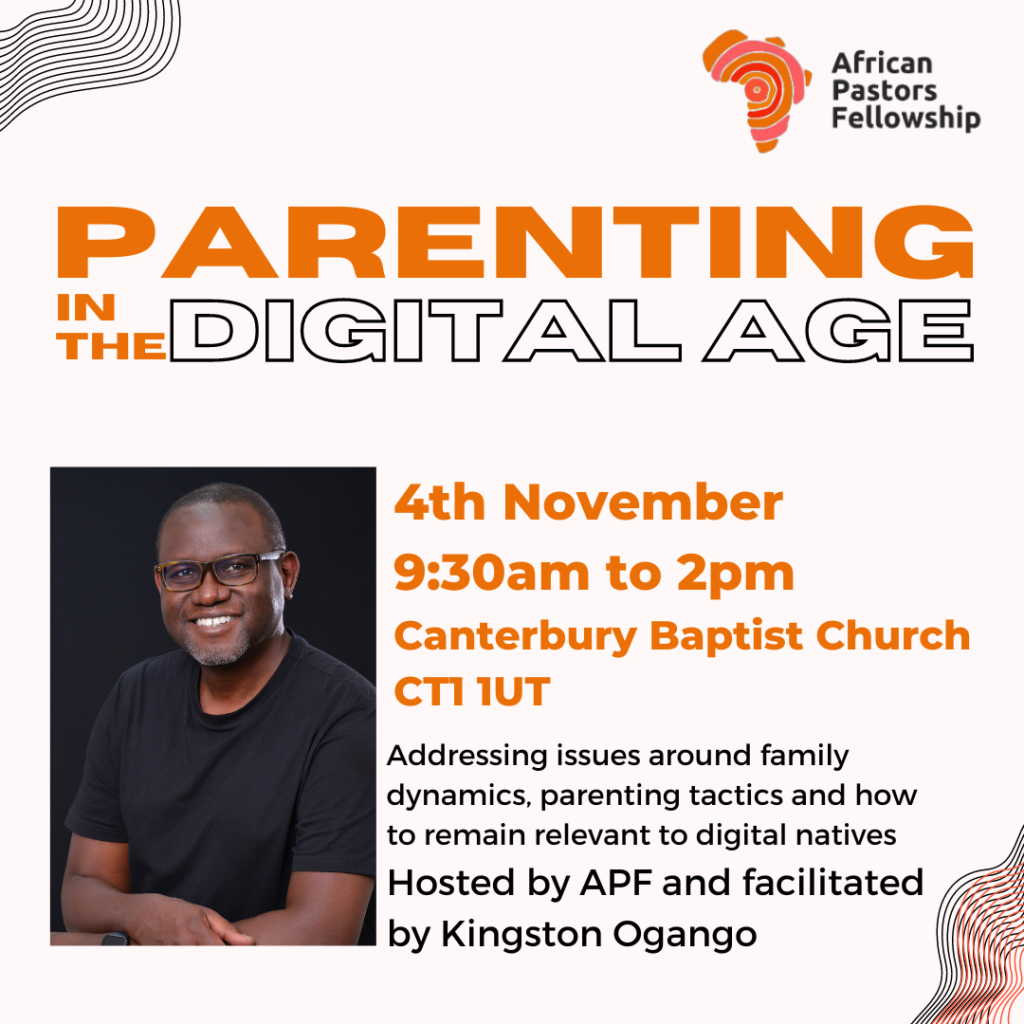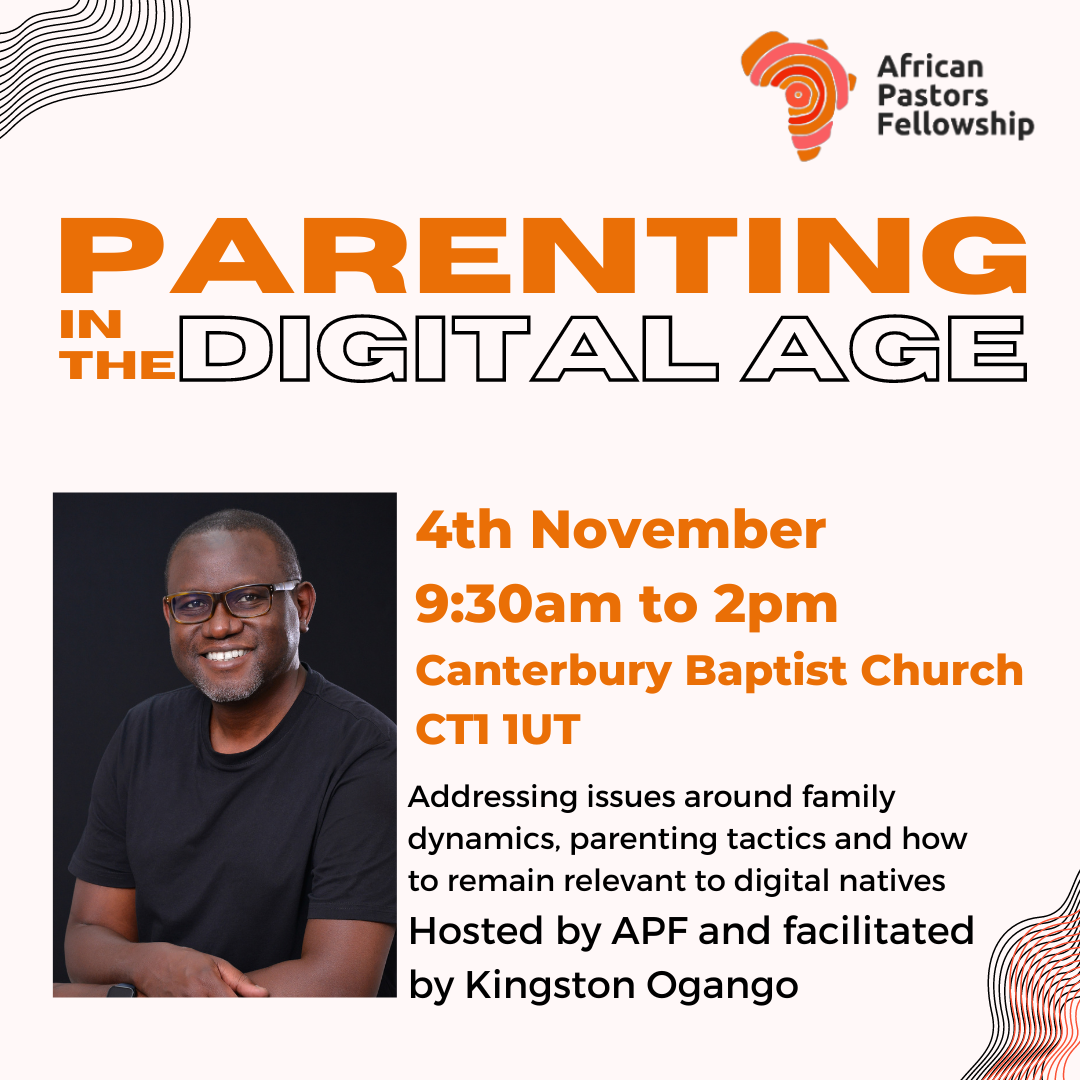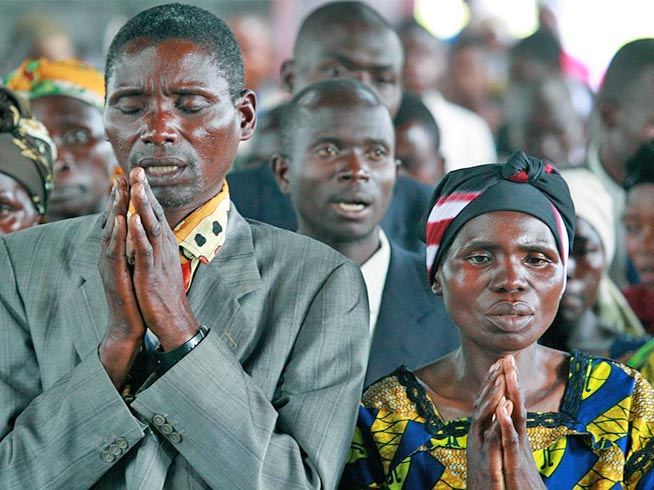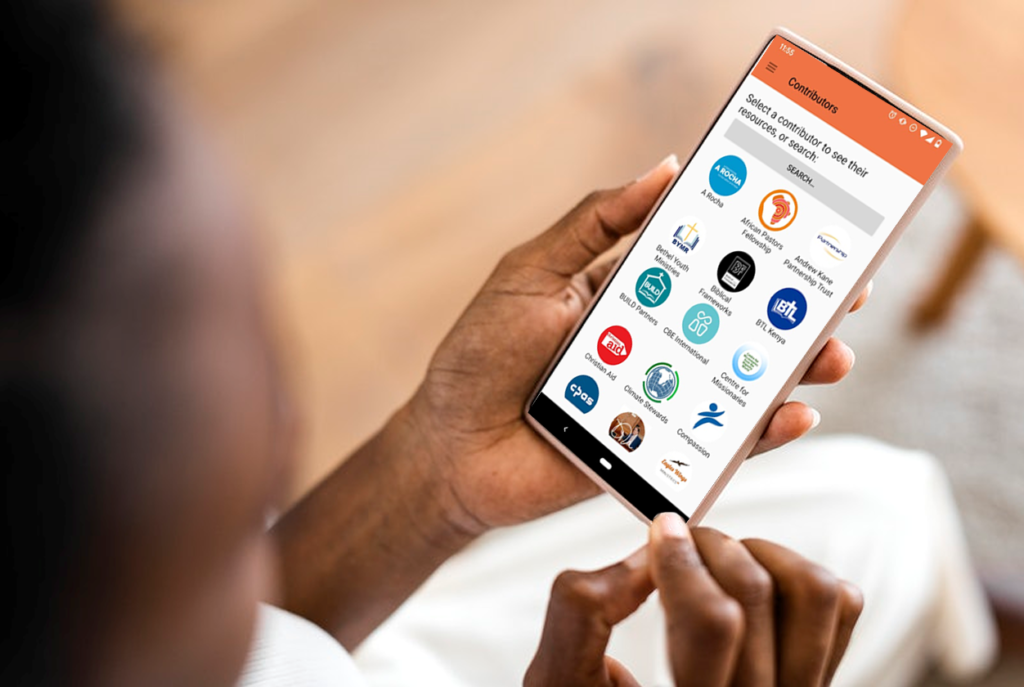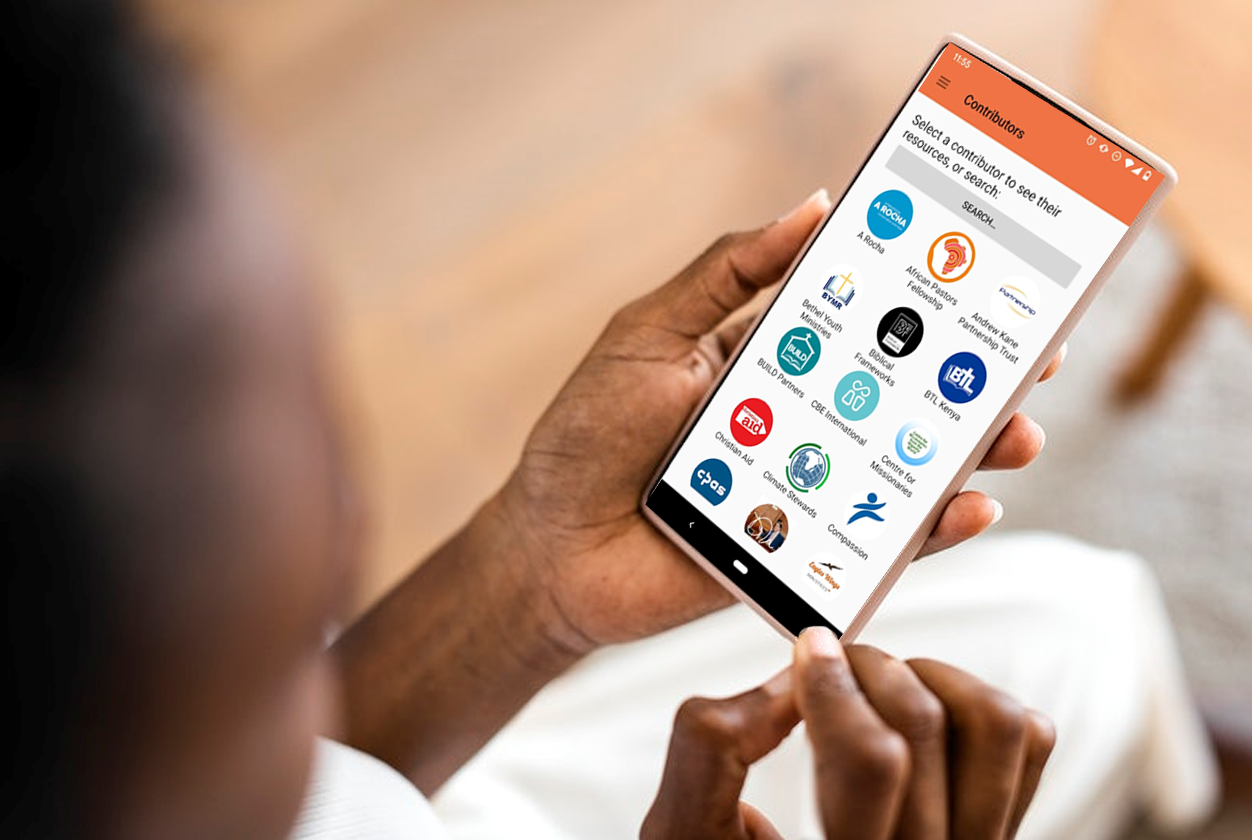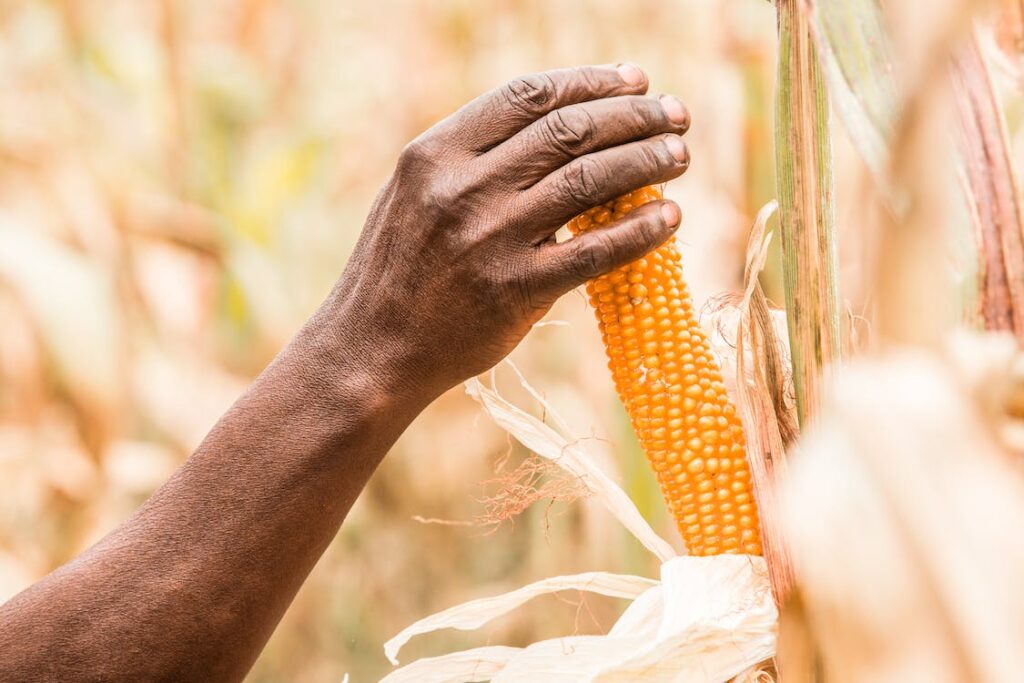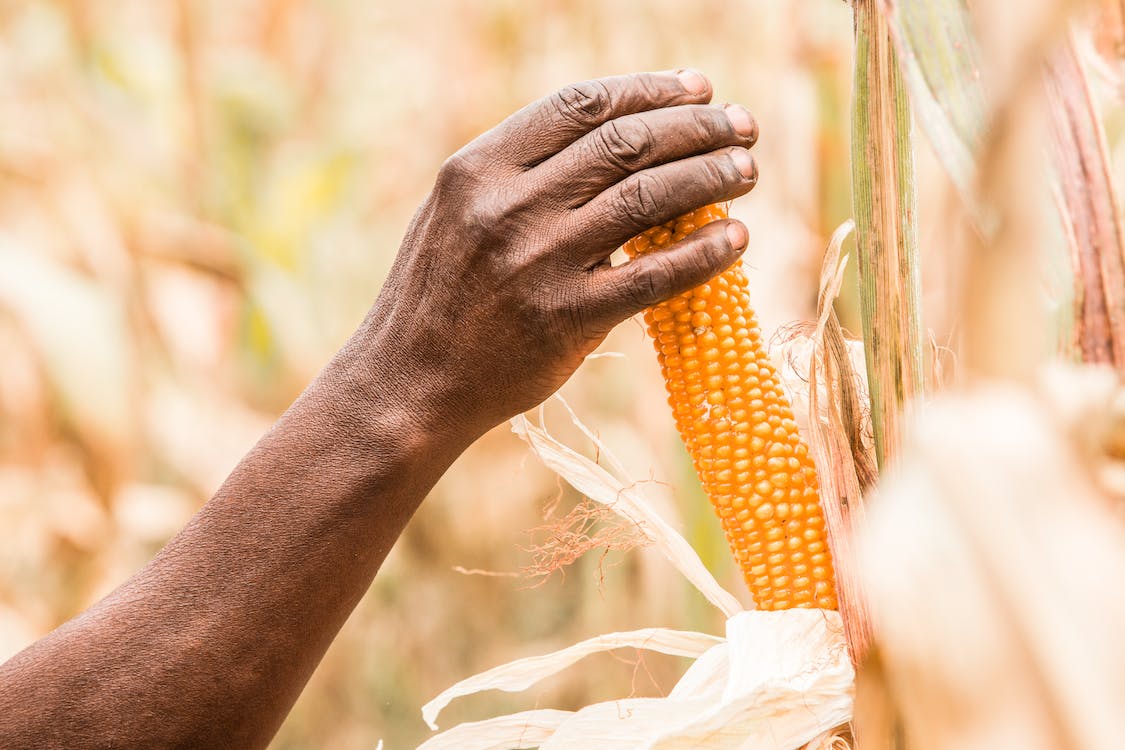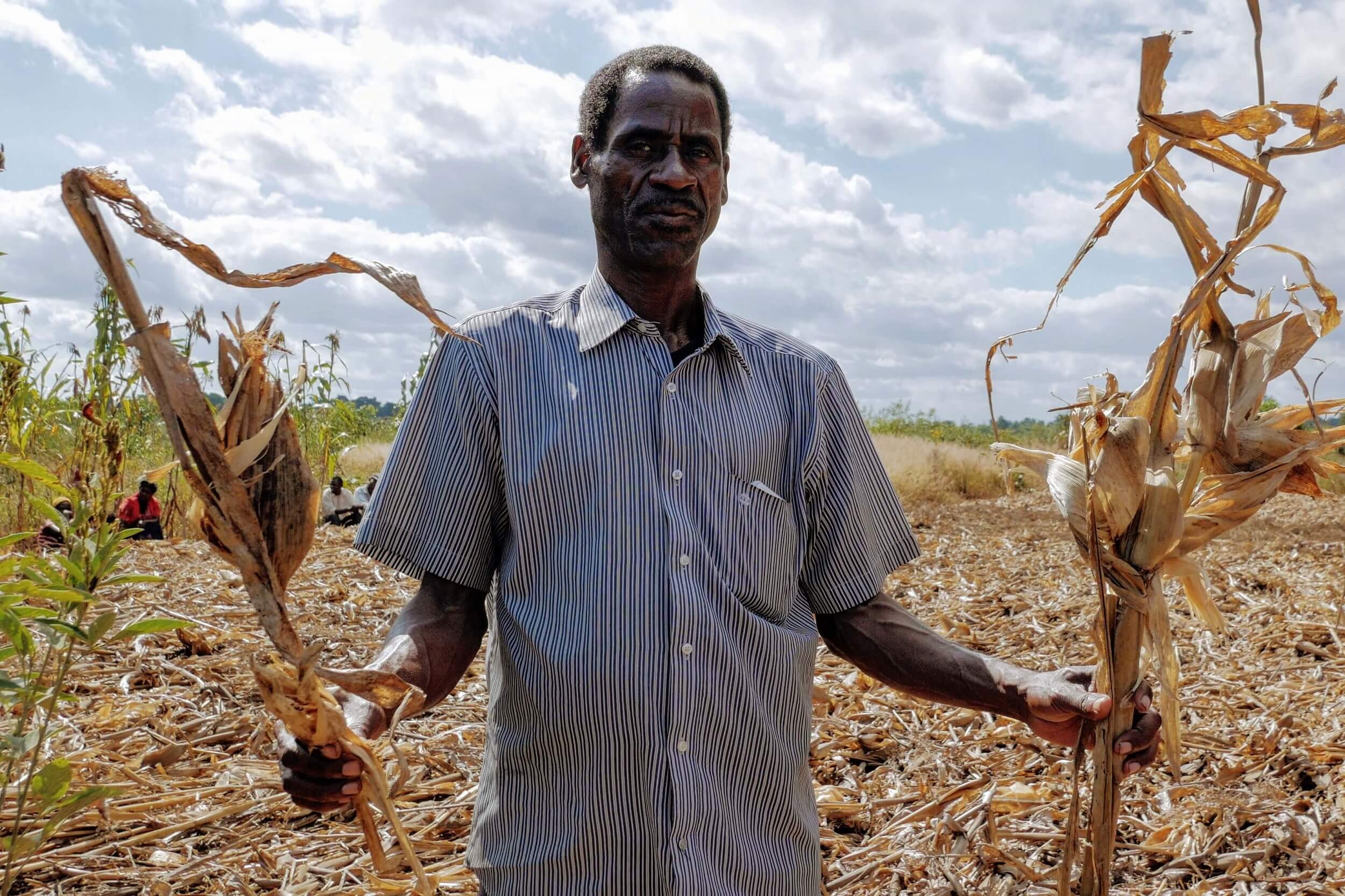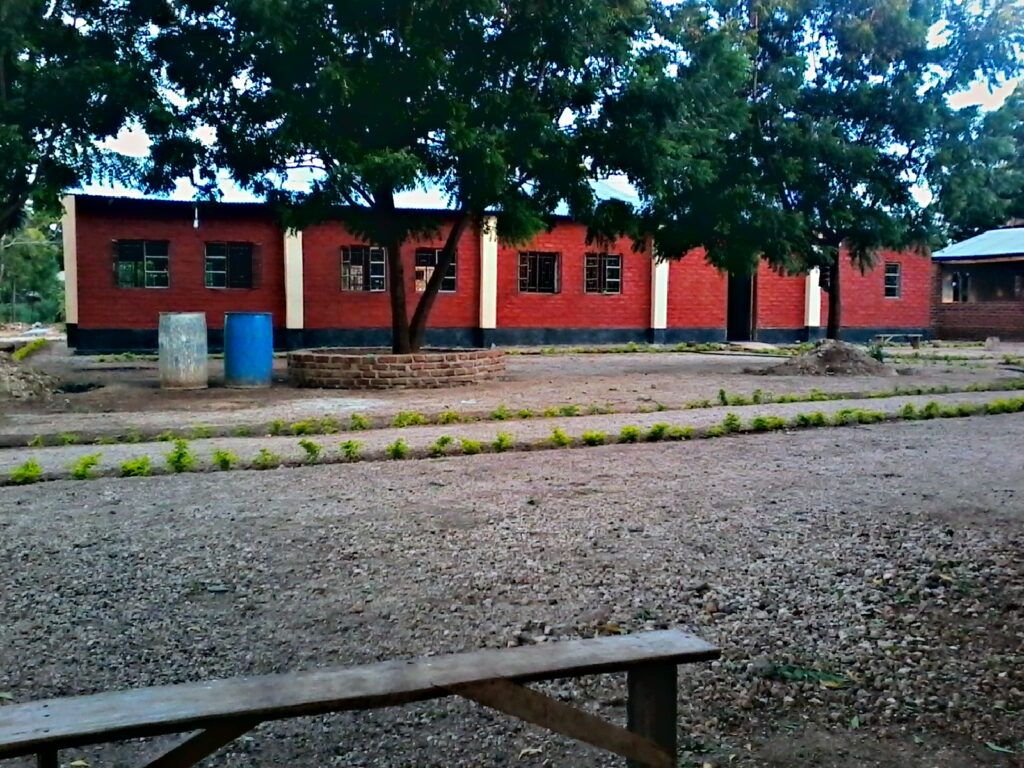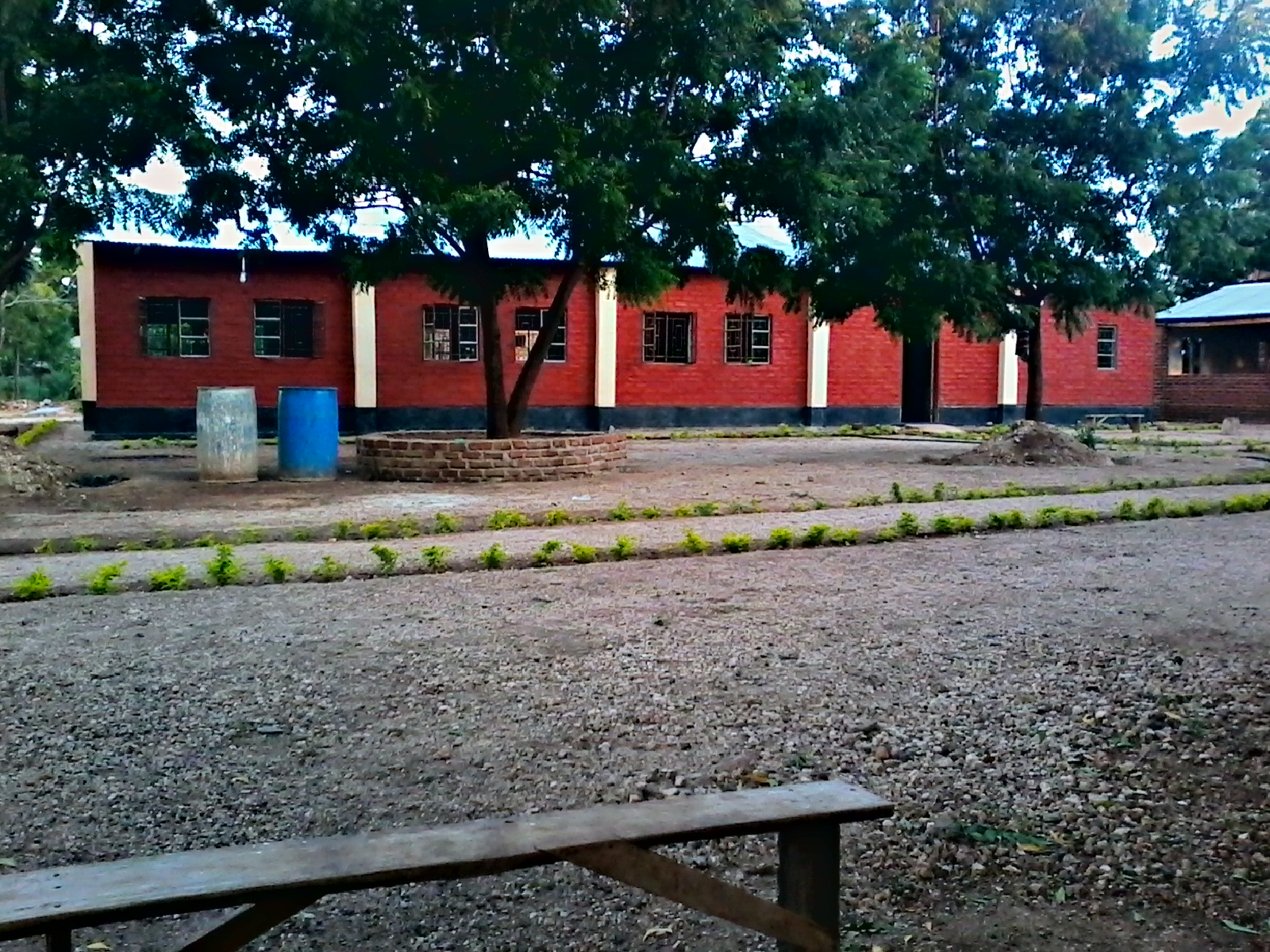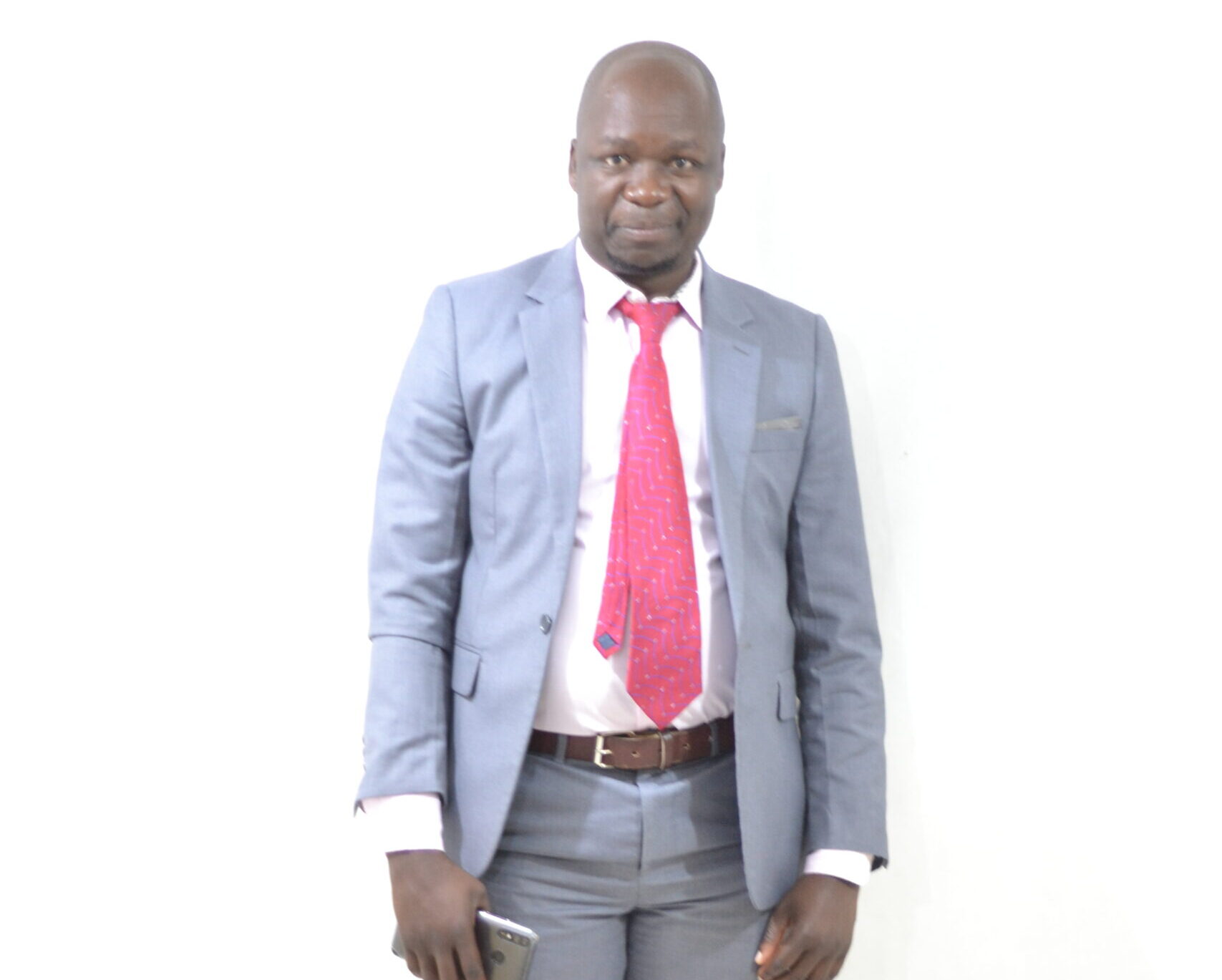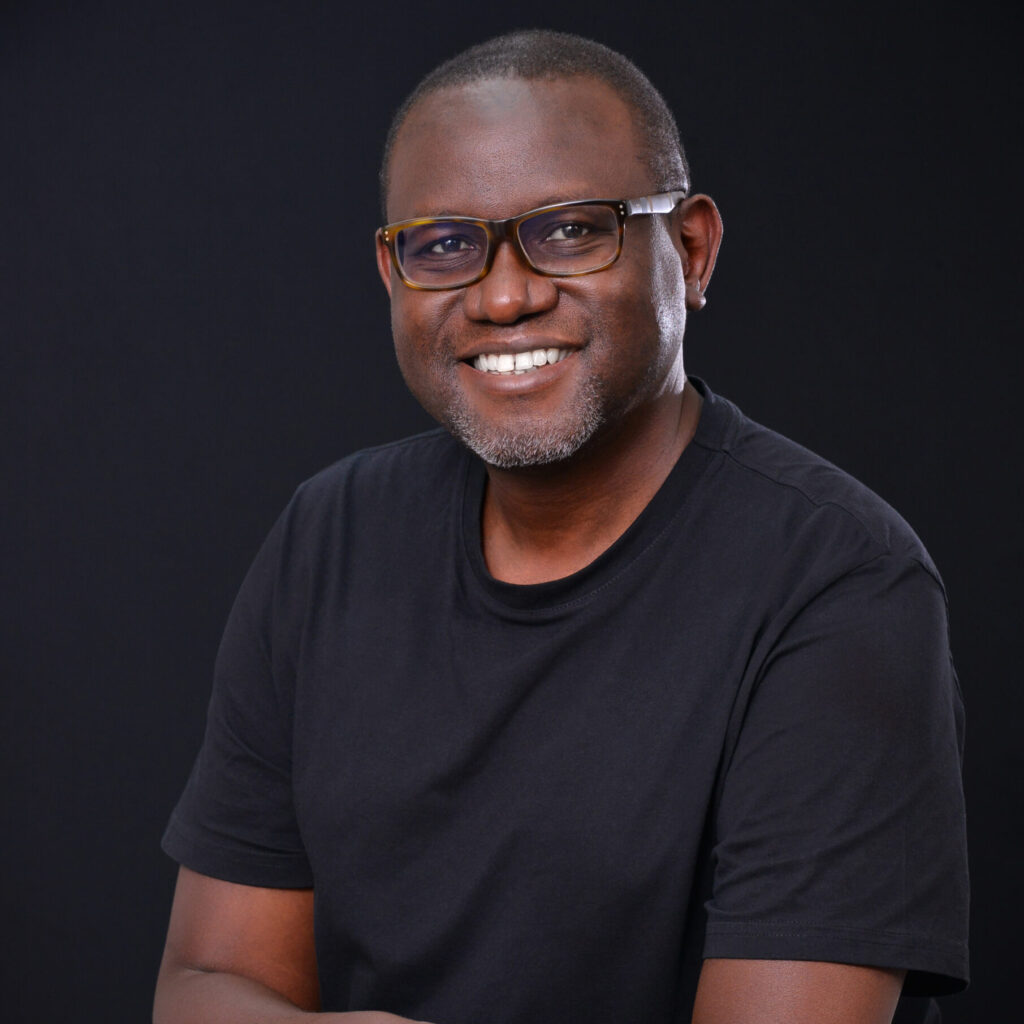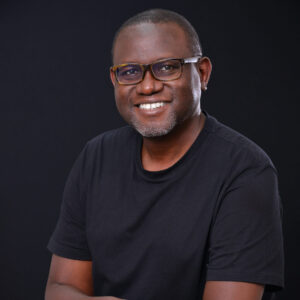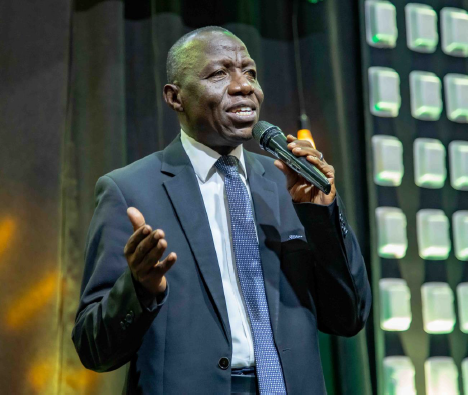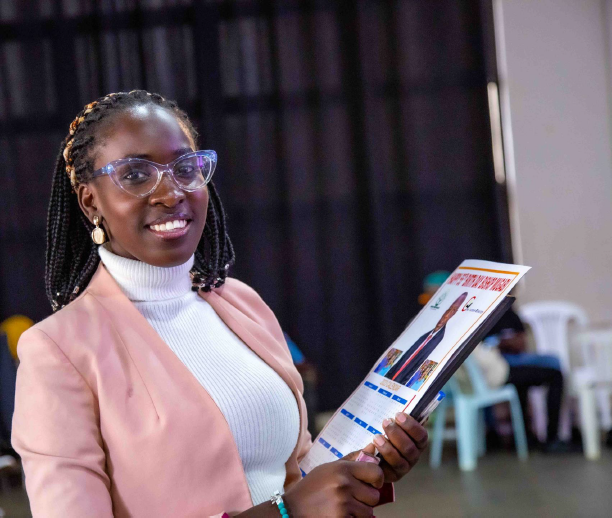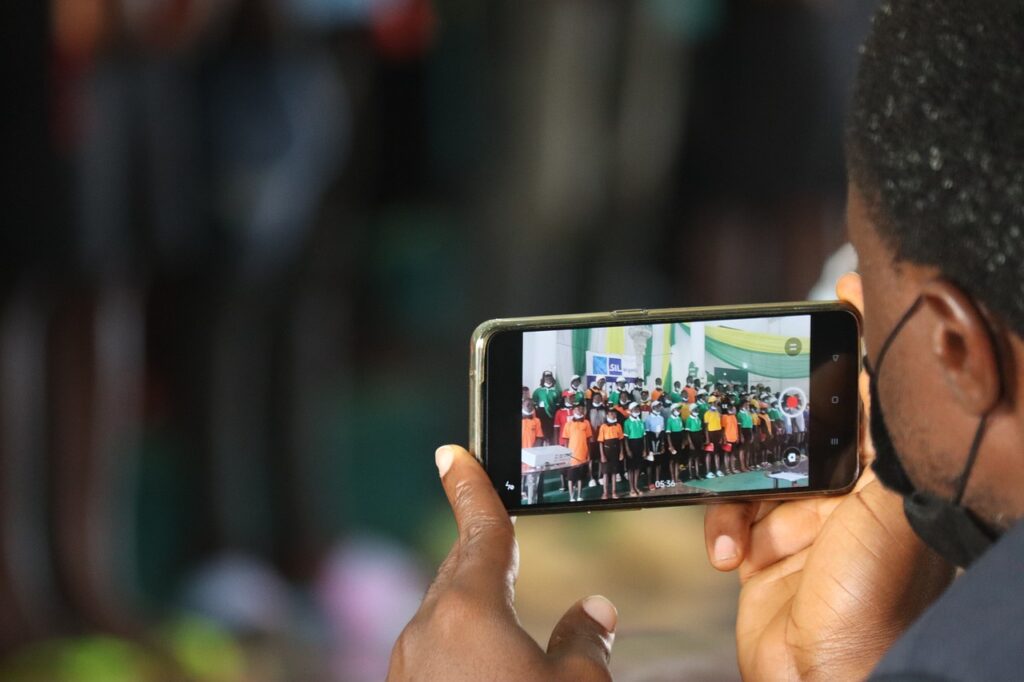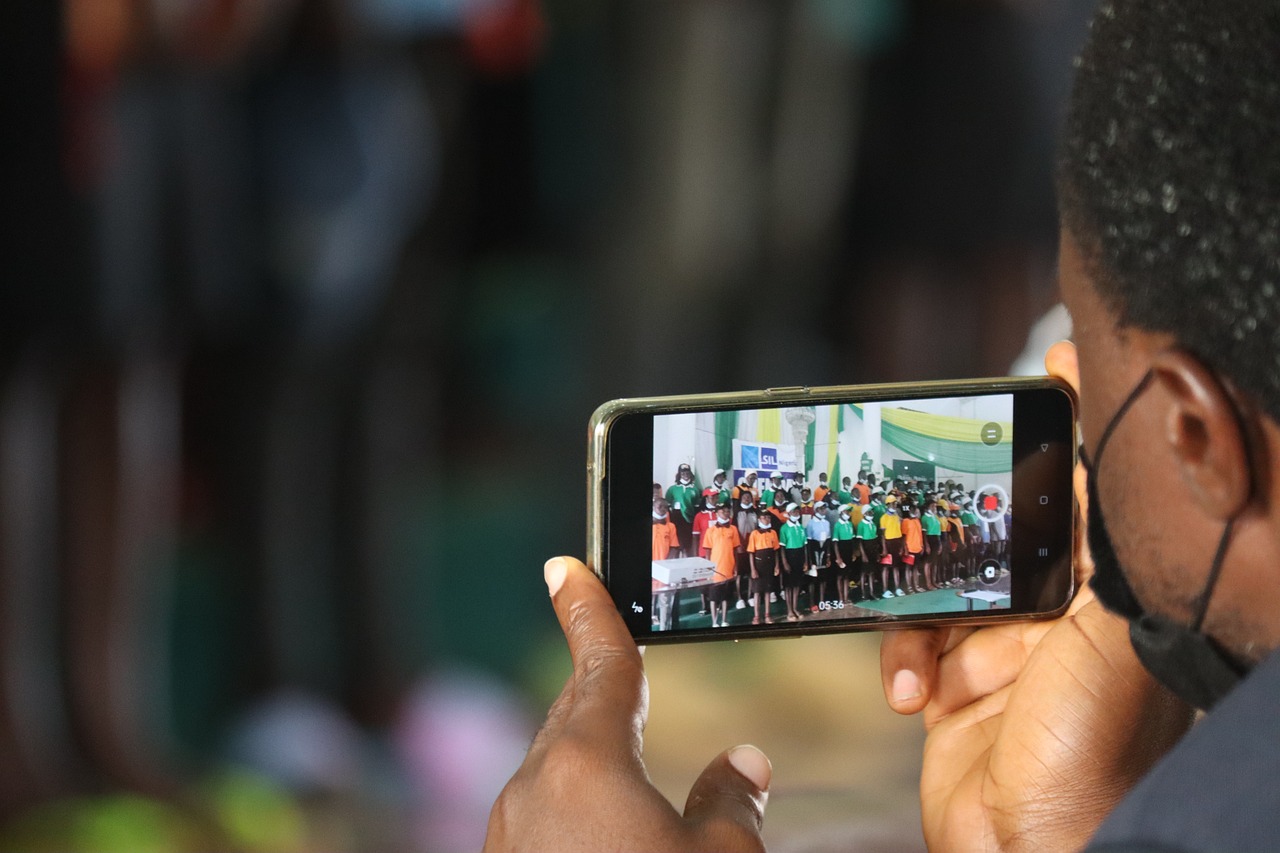Delegates arriving for the APF African training partners conference at Papaya Guest House announced happily on arrival, “Thank God for Google Maps!” The couple had travelled from Mukono to get there, a distance of less than 20km all within the Kampala metropolitan area, yet they found the venue with digital assistance.
I immediately reflected that in nearly twenty years travelling the length and breadth of East Africa – on tarmac highways, maram roads, dusty tracks and dodging potholes – I’ve never seen my driver or fellow passengers refer to a roadmap for directions. We just head in the general direction of our destination and make friends along the way.
I’ve been lost in urban centres and sugar cane plantations, I’ve broken down ‘deep in the village’ and deep in the Rift Valley. Finding the way or mechanical assistance was always a social event, accompanied by smiles and a lot of indiscriminate arm waving. “Just branch at the big tree and continue!” We always reached our destination, sometimes several hours late, but we got there.
It struck me as significant that even in Africa some are now seeking a digital solution in preference to asking their neighbour. At another conference the wife of a senior official passed the time taking ‘selfies’ during a rather dull Zoom presentation. ‘Michael’, a Somali convert to Christianity living as a refugee in Kampala, has launched a YouTube channel targeting Somali youth with the gospel. In Rwanda, churches and Bible schools that remain closed due to government regulations have found creative ways to continue using digital platforms to teach and for fellowship.
It is estimated that by 2025 there will be at least 685 million mobile phone subscriptions in sub-Saharan Africa. That means, statistically at least, there will be a mobile subscription for every adult.1 Urban youth in Nairobi spend more time ‘on screen’ every day than any comparable group globally (7 hours, 40 minutes).2
The mobile phone banking service Mpesa has transformed how business is conducted throughout Kenya. In 2019, 87% of Kenya’s GDP was transacted using Mpesa and similar mobile banking platforms.
Africa is changing and the change is rapid. The changes also have huge implications for mission and ministry. What does it mean to be an African pastor in the smartphone era? How is APF responding?
Digital Tools
When we launched eVitabu in 2018, little did we know that a pandemic was coming that would accelerate the use of digital solutions globally to enable communication, training and church online. eVitabu continues to position APF ahead of the curve by offering a digital tool to resource African pastors across the continent. eVitabu currently reaches an estimated 1.5 million believers with contextualised materials that enrich faith, resource ministry and contribute to healthy Christian communities.
Increasingly APF receives requests for phones, tablets and laptops to be used as ministry tools and we invite you to consider donating your used devices to help us respond to such requests.
